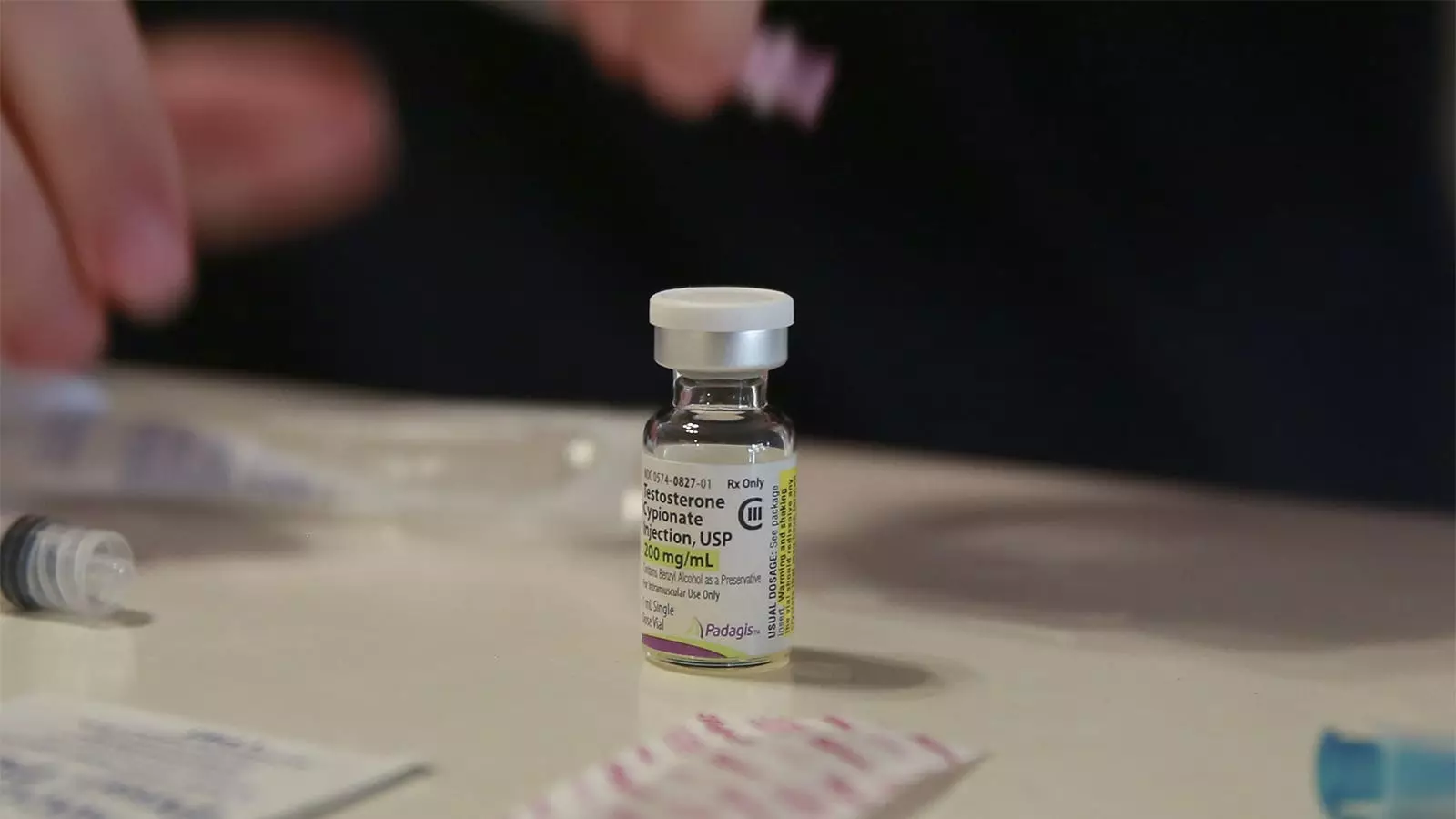In the midst of heated debates surrounding healthcare for transgender youth, one persistent challenge remains: the lack of accurate data regarding the number of young individuals receiving gender-affirming medications. This gap has allowed misinformation and exaggerated claims to proliferate, potentially impacting legislative decisions and public perceptions. Recent research published in a respected medical journal has offered a clearer picture, revealing that the rates of adolescents receiving such care are considerably lower than commonly assumed.
A study published in JAMA Pediatrics has shed light on the usage of gender-affirming medications—namely puberty blockers and hormones—by analyzing a substantial insurance claims database that covered over 5 million adolescents aged 8 to 17. The results indicated that fewer than 1 in 1,000 American adolescents with commercial insurance received gender-affirming medications during a five-year period from 2018 to 2022. Specifically, the study found that only 926 adolescents were prescribed puberty blockers, while 1,927 were given hormones, which translates to less than 0.1% of the population analyzed.
Notably, the data revealed that no individuals under the age of 12 had been prescribed hormones. This finding suggests a significant level of caution exercised by medical practitioners when determining suitability for such interventions. Landon Hughes, the lead author of the study, emphasized the need to ground public discourse in factual evidence rather than assumptions, stating, “I hope that our paper cools heads on this issue and ensures that the public is getting a true sense of the number of people who are accessing this care.”
The findings come at a critical juncture, as at least 26 states have enacted or are considering laws that restrict or outright ban gender-affirming medical care for minors. The judicial landscape is turbulent, with numerous lawsuits challenging these laws and a significant ruling from the U.S. Supreme Court anticipated soon. The increasing legislative scrutiny, framed often by misconceptions about the prevalence of gender-affirming treatments, poses risks not only to the healthcare decisions of youth but also to the well-being of transgender individuals overall.
As President-elect Donald Trump and other political figures signal intentions to roll back protections for transgender people, it becomes evident that the conversation around gender-affirming care must be grounded in credible research rather than anecdotal evidence. Such politicization can lead to harmful consequences for youth who are already navigating complex identity issues.
The Role of Medical Professionals and Ethical Considerations
The findings of the study highlight that not all transgender youth pursue medical treatments—many individuals take different paths toward understanding their gender identity. As Scott Leibowitz, co-lead author of the adolescent standards of care for the World Professional Association for Transgender Health, points out, “Transgender adolescents come to understand their gender at different times and in different ways.” This underscores the necessity of comprehensive, individualized care guided by seasoned experts who can collaborate with families and young individuals to determine the most suitable course of action.
Moreover, the study refrained from addressing surgical options for transgender adolescents, a realm previously identified as markedly infrequent among youth. This further evidences the careful consideration that medical practitioners undertake prior to administering gender-affirming care.
The new insights provided by this research represent a crucial contribution to the ongoing discussions regarding transgender healthcare. As lawmakers and healthcare providers grapple with the implications of these findings, it is imperative to foster an informed dialogue centered around evidence-based practices rather than societal fears or misconceptions. Data-driven discussions not only ensure that medical practices are ethical and appropriate but also safeguard the rights and well-being of transgender youth navigating their identities in a complex environment. In a landscape fraught with misinformation, generating awareness about the realities of gender-affirming care is not just beneficial—it is necessary.

Leave a Reply